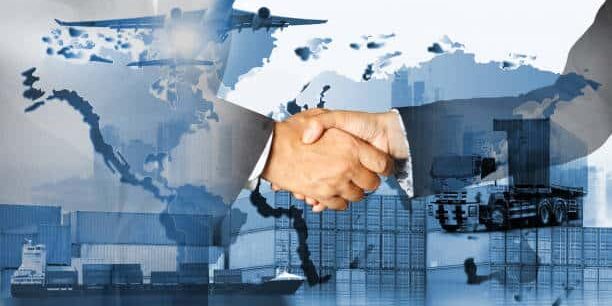Kazakhstan’s expanding cooperation with the European Union in energy, logistics, and transport is set to bring positive developments for global supply chains. During an Oct. 17 meeting in Brussels, Deputy Foreign Minister Roman Vassilenko and Giusi Princi, the newly appointed chair of the European Parliament Delegation for relations with Central Asia and Mongolia (DCAS), highlighted the opportunities for deeper collaboration that will benefit both regions.
A key focus of the discussions was the strategic importance of Kazakhstan’s role in the Trans-Caspian International Transport Route. This vital corridor is expected to boost connectivity between Europe and Asia, creating more efficient supply chain routes and opening up new trade opportunities. The European delegation also showed strong interest in Kazakhstan’s forward-thinking green hydrogen projects, which could position the country as a leader in sustainable energy solutions and enhance global energy supply chains.
Kazakhstan’s involvement in the Mineral Security Partnership Forum was warmly welcomed by the EU, further emphasizing the country’s pivotal role in the critical raw materials sector. As the world increasingly relies on these materials for advanced manufacturing and renewable energy technologies, Kazakhstan’s contributions will strengthen supply chains that are vital for the EU’s energy transition.
Vassilenko reinforced Kazakhstan’s reputation as a reliable energy partner for the EU, both in traditional energy sectors and emerging areas such as critical minerals. By investing in these areas, Kazakhstan is helping to stabilize and diversify global supply chains, ensuring they are resilient and future-ready.
Political collaboration also remains a key pillar of the relationship, with both sides reaffirming their commitment to dialogue on governance, human rights, and EU programs in Central Asia. The European Parliament delegation expressed strong support for Kazakhstan’s ongoing reforms, which are seen as crucial for further integration into global supply chains.
Efforts to simplify visa procedures for Kazakh citizens were also discussed, with both sides keen to facilitate smoother business, cultural, and humanitarian exchanges. Such measures are expected to boost cross-border collaboration and create even more dynamic trade and logistics networks.
Kazakhstan’s recent referendum on building a nuclear power plant was acknowledged as another potential avenue for energy cooperation, offering new opportunities for supply chain diversification in the energy sector.
In a separate meeting with Luc Pierre Devigne, Deputy Managing Director of the European External Action Service, Vassilenko outlined plans for expanding cooperation under the Enhanced Partnership and Cooperation Agreement between Kazakhstan and the EU. This includes simplifying visa requirements and fostering collaboration across key sectors to further strengthen supply chains.
#ICTTMNews #BreakingNews #SupplyChainGrowth #EnergySupplyChain #LogisticsInnovation #GlobalTrade #PositiveNews







